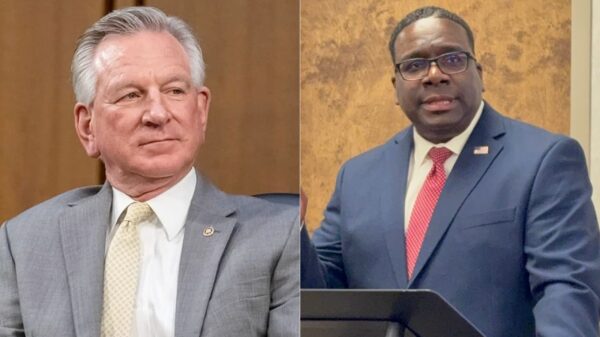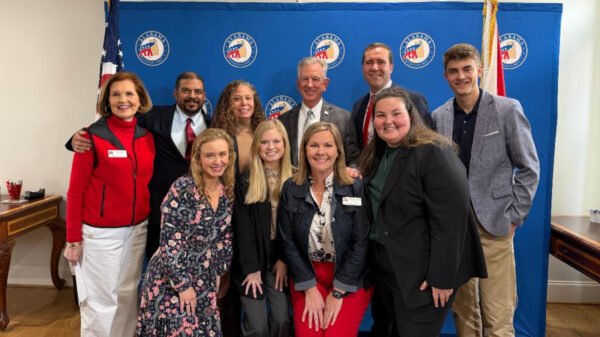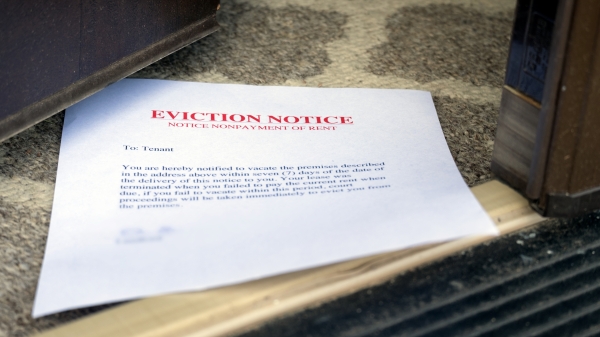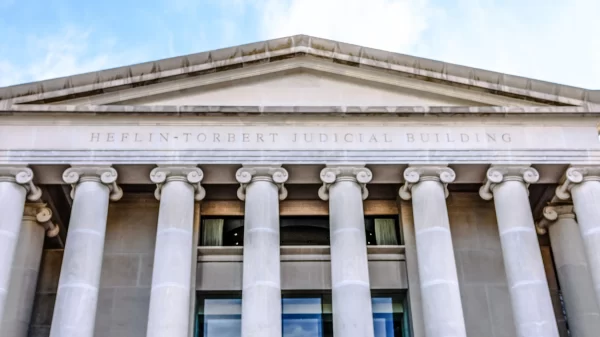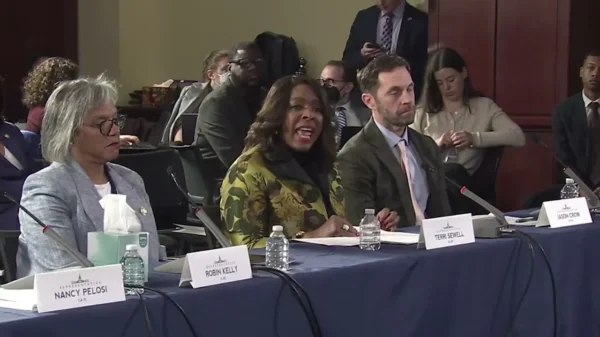By Brandon Moseley
Alabama Political Reporter
On Monday, November 30, President Obama met in Europe with multinational leaders not to discuss the global fight against ISIS, Al Qaeda, and Boko Haram, but rather to discuss climate change. US Representative Martha Roby (R-Montgomery) warned that the President is likely going to demand even greater restrictions on American industry as a result of any agreement reached this week in Europe.

Rep. Roby continued, “But, as this piece from Republican Majority Leader Kevin McCarthy so clearly points out, there is a different American energy story President Obama is unwilling to tell overseas. American carbon emissions are actually “down to what they were a quarter century ago, though our population is growing.” And, these positive changes haven’t resulted from the Obama Administration’s regulatory agenda, but instead from booming American energy exploration and innovation.”
Majority Leader McCarthy wrote on Nov. 29, for Reuters, “President Barack Obama is poised to repeat his history of weak-handed negotiations on the world stage when nearly 200 countries gather in Paris on Monday to consider an international response to climate change. According to the president, rejecting the Keystone XL oil pipeline and piling regulations on the fossil fuel and power industries in the United States are necessary to preserving America’s credibility as a leader on the world stage. But by doing this, Obama ignores the strongest card in America’s hand as he steps to the table: the advances our energy sector has made to reduce carbon emissions while simultaneously acting as the lone bright spot in our economy. In essence, his rhetoric is blind to the true story of American energy.”
Roby writes, “The fact is, the harmful regulations the President touts have a negative affect on hardworking, middle class families by dramatically increasing energy bills while doing little to alter the impact of future climate change. Implementing stringent regulations limiting carbon dioxide from power plants creates a hike in rates and shuts down energy plants, especially in the coal industry.”
President Obama’s “war on coal” has already hit home in Alabama.
On Wednesday, November 25, Alabama News Center’s (the media arm of Alabama Power) Michael Sznajderman wrote that Plant Gorgas Units 6-7 in Walker County and Plant Barry Unit 3 in Mobile County have all been shut down because, “increasing federal environmental regulations finally spelled the end for these units, which the company has now officially closed permanently.”
Alabama Power Senior Vice President, Jim Heilbron told Sznajderman, “Frankly, as hard as it is, when considering options for these three units, closing them was the most cost-effective choice for our company and for our customers.” Closing the units also helped the company end a longstanding legal dispute with the federal government related to environmental regulations. Meanwhile the company is having to spend a $billion to get it’s other plants in to compliance with new EPA regulations which were never voted on by any Congress. This on top of $3 billion already spent to comply with previous regulations.
Meanwhile the President is in Europe negotiating with 200 nations on a climate deal that likely will result in even more restrictions placed on Americans.
Rep. Roby wrote, “While I think we can all agree that achieving more affordable, reliable and safe energy is a priority, more regulations and burdensome expenses to American families are not solutions. Congress will continue to put pressure on President to prioritize the needs of the American people over his “legacy” climate change policies.”
Congresswoman Roby represents Alabama’s Second Congressional District.

